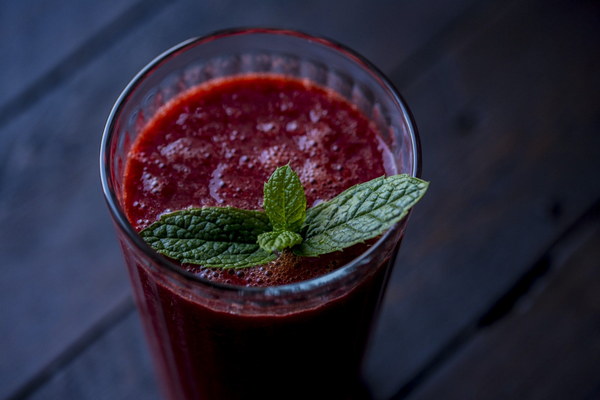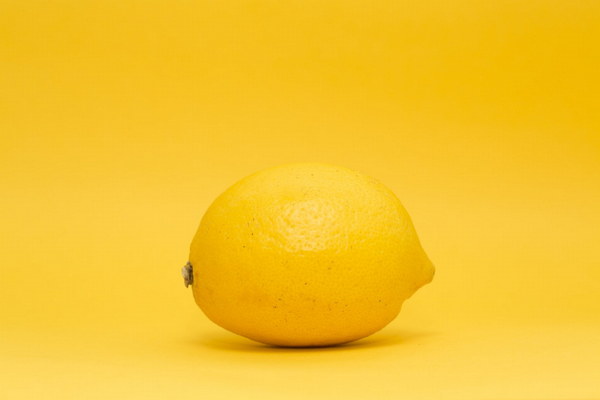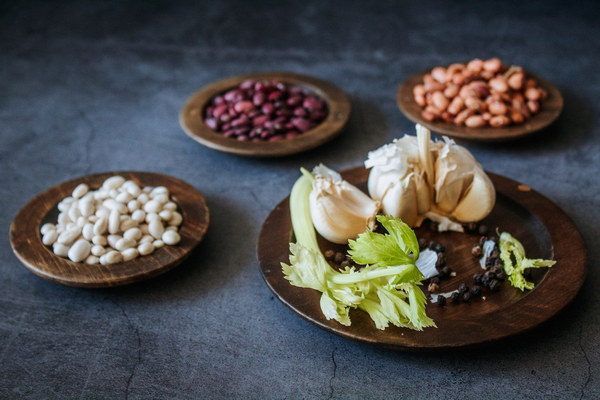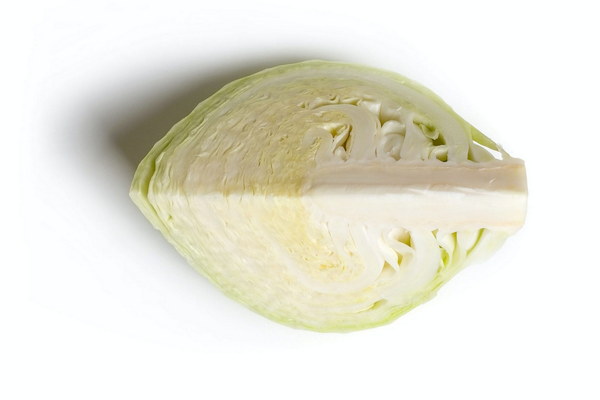Is Rehmannia or Astragalus the Better Choice for Kidney Tonification
In traditional Chinese medicine, the concept of kidney tonification is a fundamental aspect of maintaining overall health and vitality. This principle revolves around the belief that the kidneys are the root of life, governing growth, reproduction, and longevity. When it comes to tonifying the kidneys, two of the most commonly used herbs are Rehmannia (Shen Qu) and Astragalus (Huang Qi). But which one is the better choice? Let's delve into the properties and uses of these two herbs to help you make an informed decision.
Rehmannia, scientifically known as Rehmannia glutinosa, is a well-known herb that has been used in Chinese medicine for thousands of years. It is primarily used to nourish the kidneys, replenish Yin, and strengthen the body's overall vitality. Rehmannia is considered a cooling herb, making it suitable for individuals with kidney Yin deficiency, which often manifests as symptoms such as night sweats, hot flashes, dryness of the mouth and throat, and irritability.
One of the key benefits of Rehmannia is its ability to replenish the body's Yin energy, which is essential for maintaining a balance between Yin and Yang. By nourishing the kidneys, Rehmannia can help alleviate symptoms of kidney Yin deficiency and promote overall health. In addition, Rehmannia is often combined with other herbs to treat various conditions, such as diabetes, menopausal symptoms, and chronic fatigue.
On the other hand, Astragalus is an adaptogenic herb that is known for its immune-boosting properties. It is primarily used to tonify the kidneys, boost Qi (vital energy), and enhance the body's resistance to disease. Astragalus is considered a warming herb, making it suitable for individuals with kidney Yang deficiency, which often presents with symptoms such as cold limbs, fatigue, weak muscles, and a tendency to catch colds.
Astragalus works by supporting the body's immune system and promoting the production of white blood cells. This herb is often used in combination with other immune-boosting herbs to treat conditions such as colds, flu, and chronic infections. Additionally, Astragalus can be beneficial for those with cardiovascular issues, diabetes, and cancer, as it helps improve blood circulation and enhance the body's ability to heal.
So, which herb is better for kidney tonification? The answer depends on the specific needs of the individual. If you are experiencing symptoms of kidney Yin deficiency, such as night sweats, hot flashes, and irritability, Rehmannia may be the better choice. Its cooling properties can help alleviate these symptoms and restore balance to your body.
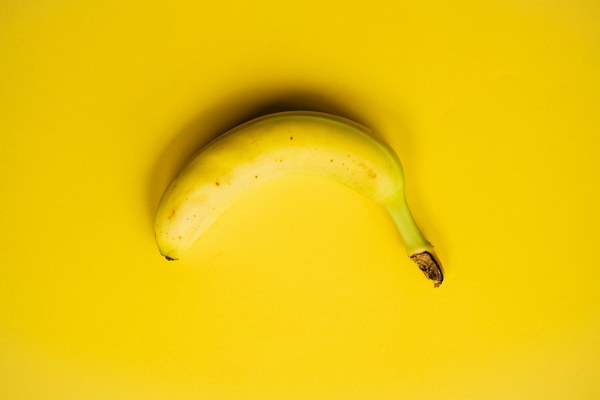
On the other hand, if you are experiencing symptoms of kidney Yang deficiency, such as cold limbs, fatigue, and a tendency to catch colds, Astragalus may be more suitable. Its warming properties can help boost your Qi and strengthen your immune system, leading to improved overall health and vitality.
It is important to note that both Rehmannia and Astragalus can be used together to achieve a synergistic effect. Combining the cooling properties of Rehmannia with the warming properties of Astragalus can create a balanced formula that addresses both Yin and Yang deficiencies in the kidneys.
In conclusion, the choice between Rehmannia and Astragalus for kidney tonification depends on the specific needs of the individual. It is essential to consult with a qualified healthcare professional, such as a traditional Chinese medicine practitioner, to determine the most appropriate herb or combination of herbs for your unique situation. By doing so, you can ensure that you receive the best possible care and achieve optimal health and vitality.


